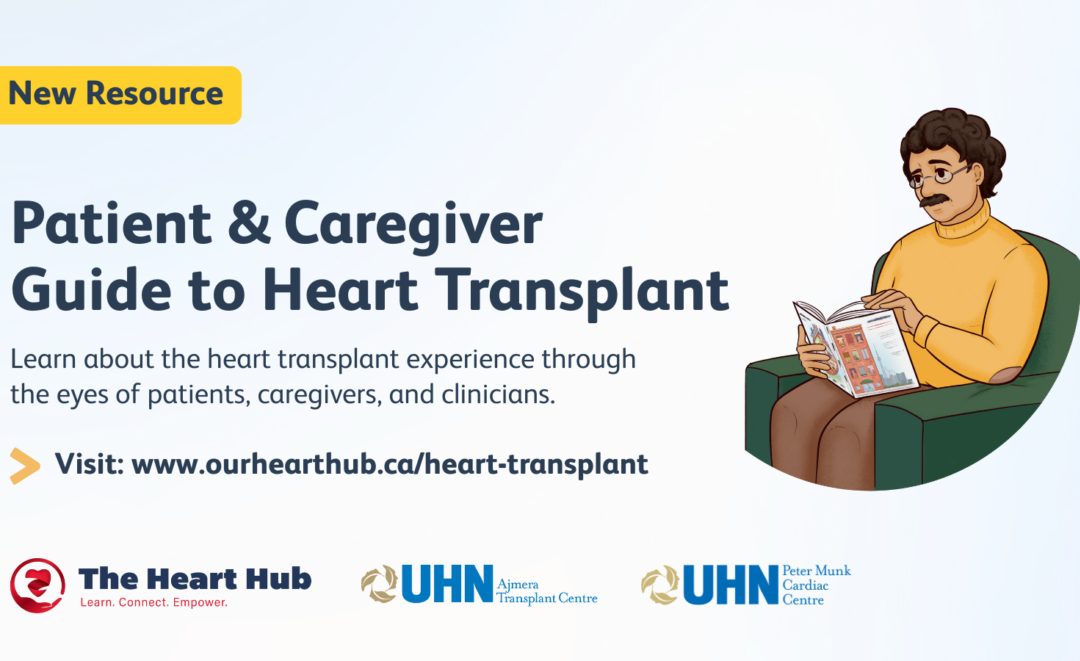Validation
The goal of the tool was to empower doctors to discharge low-risk patients quickly. This improves their quality of life, ensures resources for higher-risk patients, and saves significant health-care costs.
The tool also ensures high risk patients are appropriately admitted to hospital to stabilize their heart failure.
The EHMRG calculator is a tool that supplements clinical judgement with validated, objective estimates of risk t and, as a result, a more personalized approach to patient care. The risk calculator was first proven effective in a study published in Circulation in 2012, and was developed by Dr. Douglas Lee, the Ted Rogers Chair in Heart Failure Outcomes and a Senior Scientist at the Institute for Clinical Evaluative Science.























